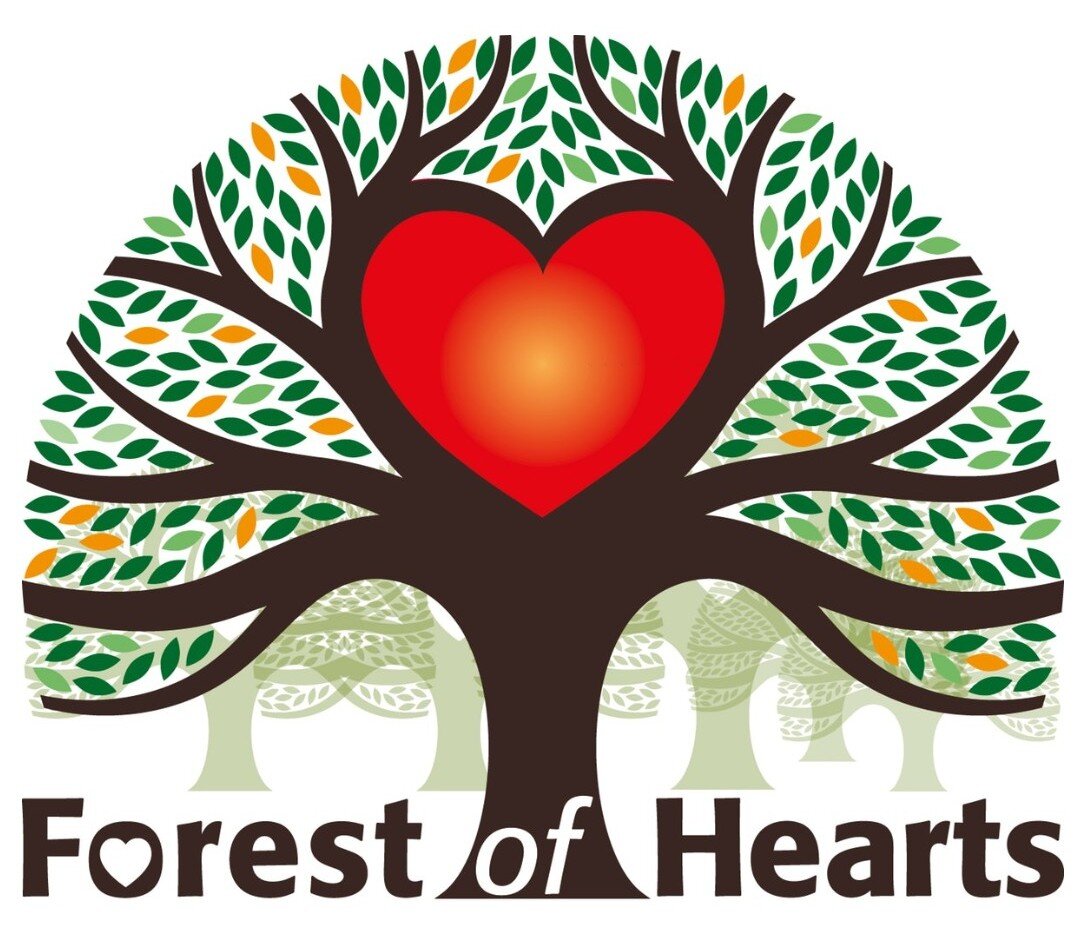Is 'Social Green Prescribing' the answer? by Ann Johnson
The links between being outside or engaging in immersive activities and mental wellbeing can be very clear. When we do something we enjoy, it can benefit our mental wellbeing as well as helping us to make healthy choices to improve physical health. We have seen much of this in our work at Forest of Hearts.
It seems to me that the knowledge of the connection to natural and engaging environments and mental wellbeing is not the issue; it is making the connection between those who have mental health challenges; those that diagnose it and then those who can provide the outdoor engagement is where the issues lies. The good news is the seemingly greater movement within governments and stakeholders to address this connection gap.
Opening my Motability Lifestyle Magazine this month I read with interest an article on Social Green Prescribing. I had heard of Social Prescribing but this was new to me. The article spoke about growing evidence of the benefits of natural surroundings to both physical and mental health, leading to the NHS rolling out ‘social green prescribing’ connecting people with nature-based interventions such as community gardening projects. How fantastic, I thought.
The ‘Social Green Prescribing’ to me sits well with the plans for local councils the NHS and other partners to provide Integrated Care Systems. A plan which works to remove traditional divisions between hospitals, GPS, NHS and council services, for in the past people have often experienced disjointed care. Integrated care systems (ICS) states the NHS hopefully create new partnerships between organisations that meet health and care needs across and area; a co-ordination of services that improves health and reduces inequalities between different groups.
The NHS has since 2018 reported on their deepening relationship in many areas, creating stronger links between the NHS, local councils and other important strategic partners such as the voluntary, community and social enterprise sector. Yet from my own work I find if you speak to many voluntary and community organisations if they feel they have direct links to mental health services or to the local GP’s and that they are receiving referrals or contacts from people wanting to engage in voluntary or community work, the answer in many cases I find is no, very little or sometimes. They often follow this with it would be great if we did.
With all sides wanting to connect, how do we bridge it? Perhaps thinking about local task forces or alliances that go beyond the norm i.e. the alliances include those who offer outdoor provision; those that work to improve mental wellbeing through activity and most importantly those that benefit or see the benefit from it. That those around the table are not simply consulted but feel that they are participating or co-producing changes in their community. In doing so, perhaps in a few years Social Green Prescribing alongside Social Prescribing will be as common a place for the NHS as prescriptions.
Perhaps though it is not hope we need to rely on, or to just wait and see response in the knowledge that ICS’s are being planned now. Social prescribing is underused or perhaps this time it is for those that benefit from engaging and natural activities or those who see the benefits to get involved. Speak out and influence the change now.

